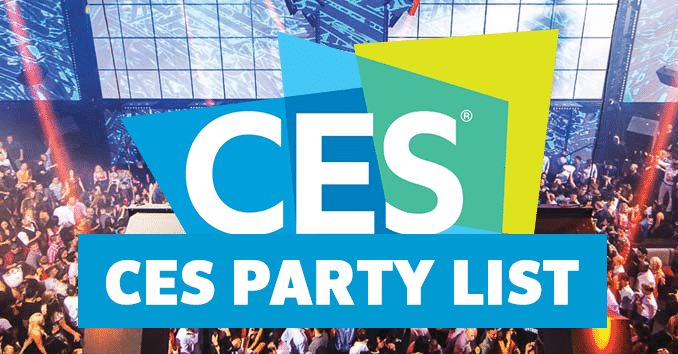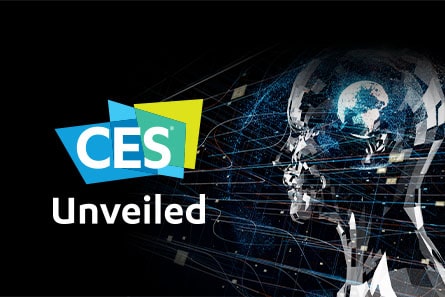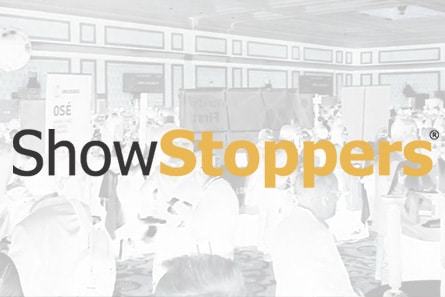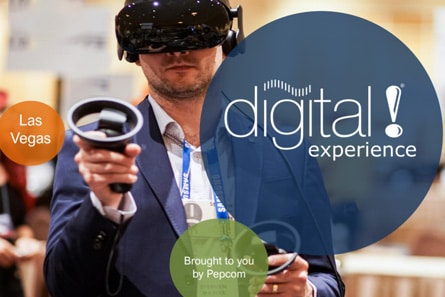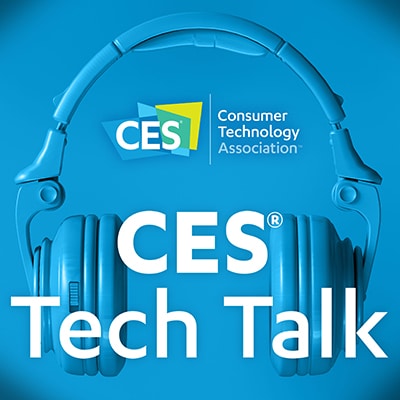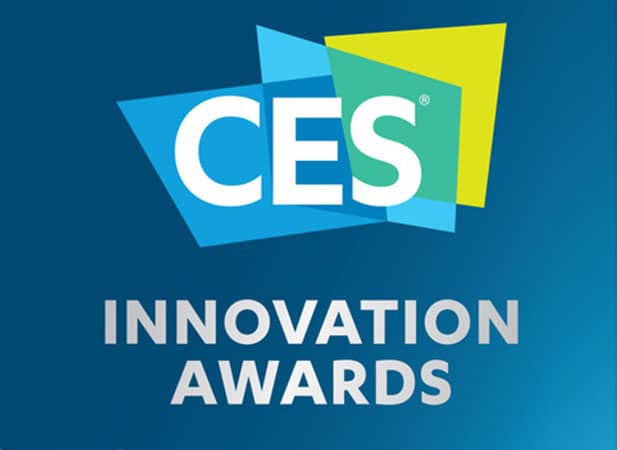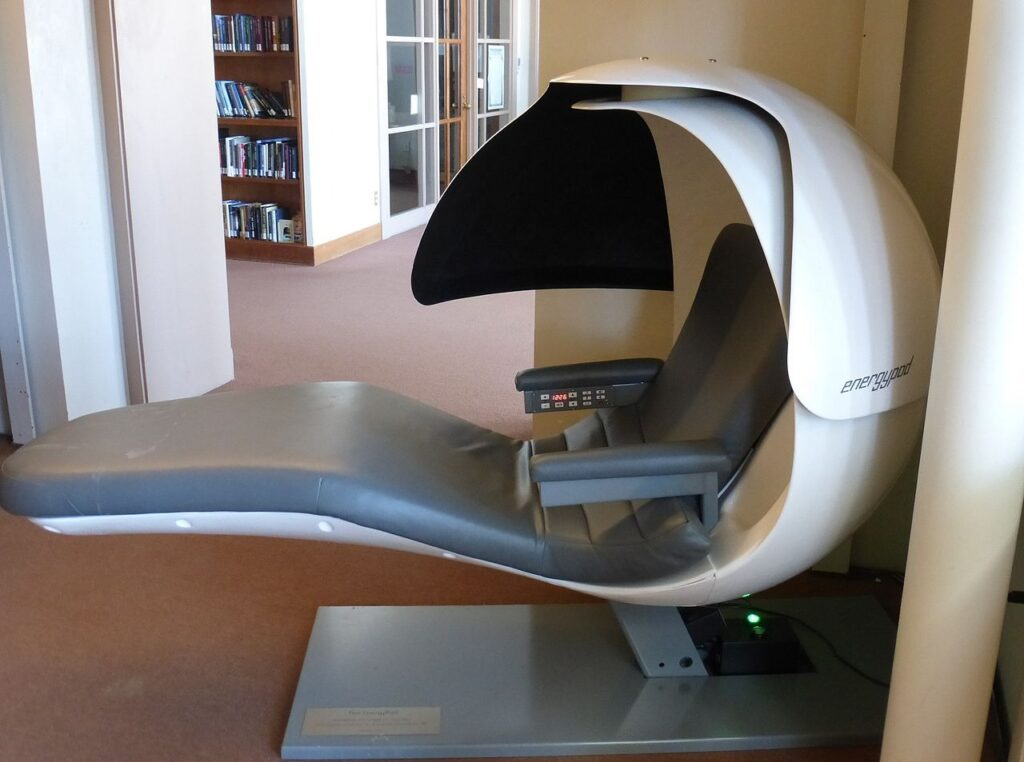
Tech billionaires are dumping millions into sleep pods and brain sensors — and their biohacking binge signals what’s coming to your bedroom next. Your CEO probably brags about grinding on four hours of sleep, but Silicon Valley’s real power players are doing the opposite. They’re quietly spending fortunes on luxury sleep optimization tech that makes your $200 smartwatch look like a mood ring.
Take Eight Sleep’s HyperPod, which controls multiple variables in your sleep environment — light exposure, ambient noise, air quality, and temperature with precision. While you’re fighting with blackout curtains and white noise apps, these pods create optimized sleep conditions with military-grade accuracy. VCs at Khosla Ventures have poured serious money into next-generation sleep companies, viewing optimized rest as the ultimate cognitive edge. Bryan Johnson, the biohacking evangelist, uses bespoke sleep enhancement systems that cost more than most cars.
When Your Mattress Becomes Mission Control
Future sleep pods aim to include hyperbaric chambers and real-time health imaging during rest.
The Eight Sleep pods represent just the beginning. Future iterations aspire to detect health conditions while you sleep, using imaging technology and ingenious inventions that sound ripped from a sci-fi thriller. Meanwhile, companies like Kernel and Neuralink are developing brain monitoring headsets — essentially “Fitbits for thoughts” that track neural activity in real time.
Here’s where the billionaire playground gets interesting for regular humans: luxury tech always trickles down. Your smartphone contains cutting-edge technologies that once required government clearance. Today’s premium sleep pod becomes tomorrow’s mainstream mattress topper.
The Science Behind the Silicon Valley Sleep Hype
Sleep researchers warn that commercial tracking tech often oversells its capabilities.
Sleep researcher Dr. Daniel Gartenberg stresses that while deep sleep’s cognitive benefits have solid scientific backing, much commercial sleep tracking remains overhyped marketing. The individualized optimization features — like precise temperature control — work now. The predictive health analytics remain unresolved, but products like an AI-powered health coach are already in development.
Yet this trend reveals something crucial about where consumer tech is heading. As manufacturing costs drop and health data becomes more valuable than oil, your bedroom is becoming the next battleground for tech companies seeking to develop fitness gadgets. The privacy implications of neural monitoring and blood chemistry tracking remain unresolved, but the products are already in development.
Your sleep setup might not need hyperbaric chambers, but the environmental controls pioneered by billionaire biohackers could genuinely improve your rest. The question isn’t whether this tech will reach mainstream markets — it’s whether you’ll want companies monitoring your dreams.
Last modified: August 24, 2025

